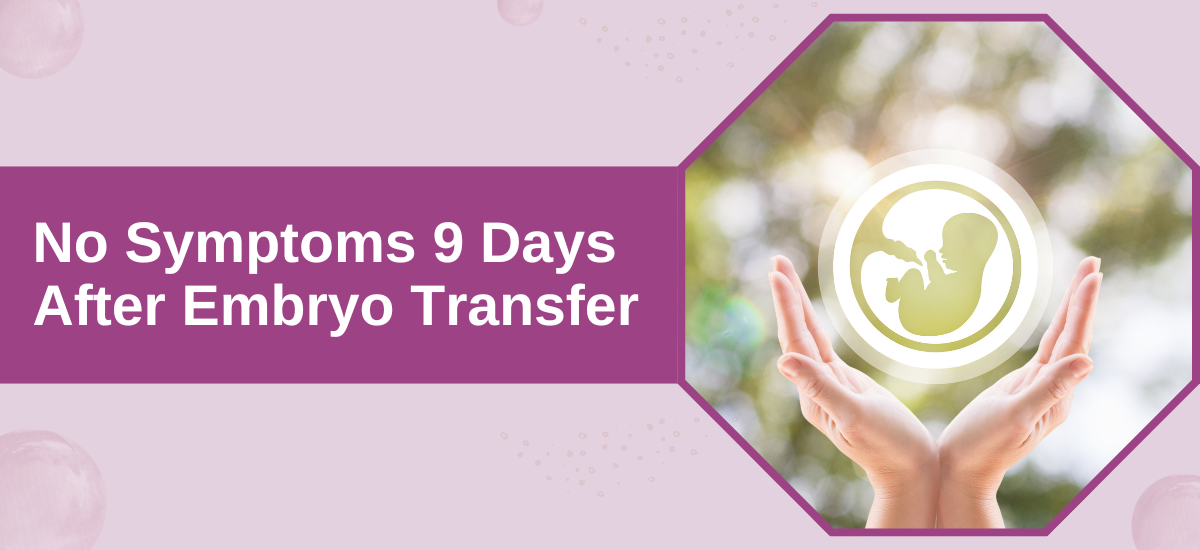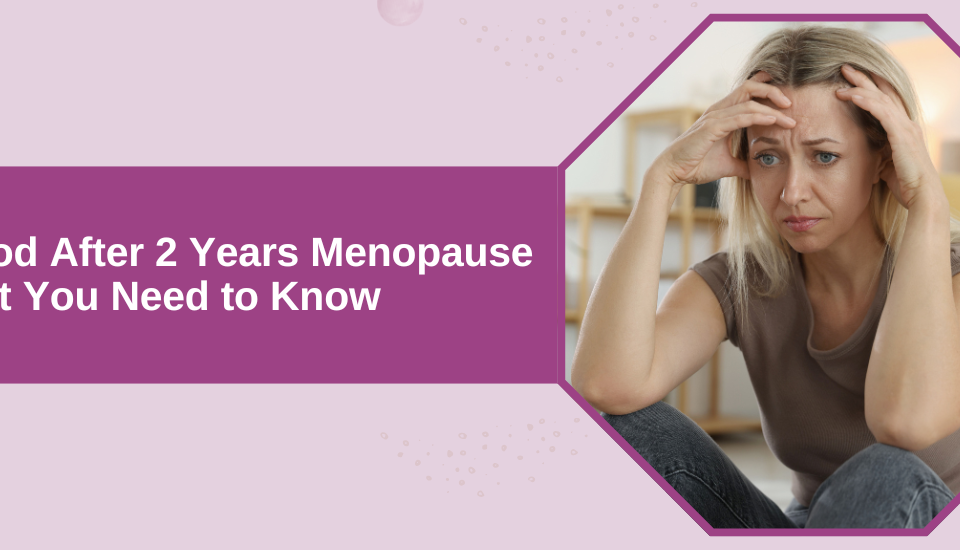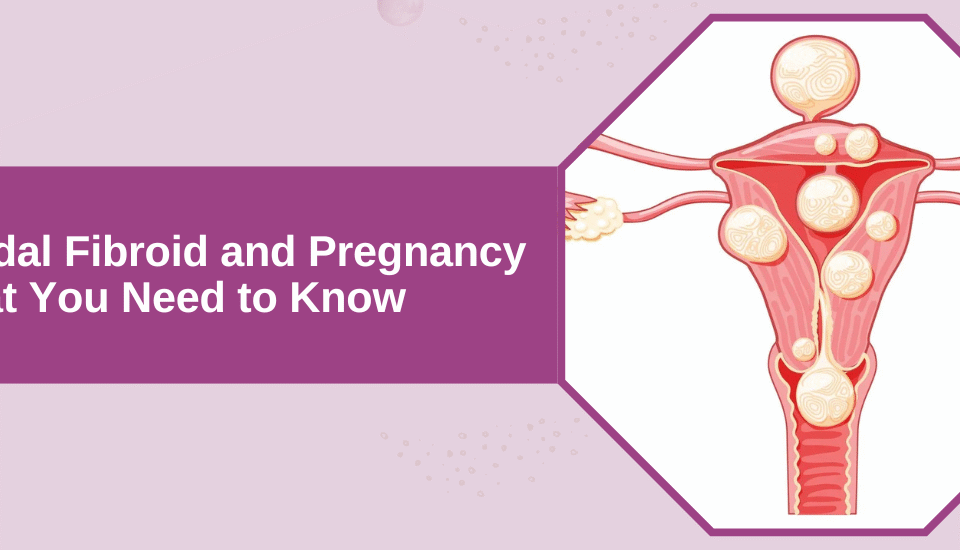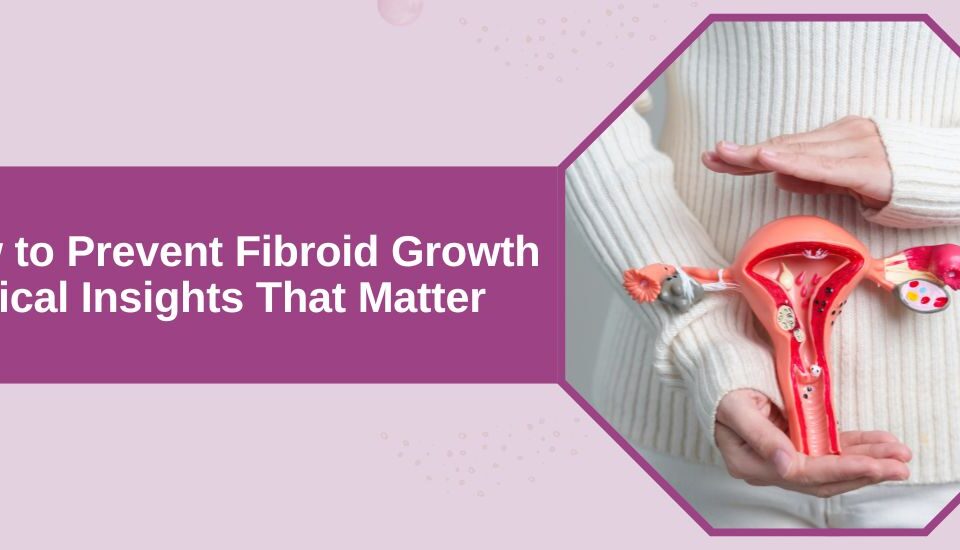- Have any questions?
- +91-98717 17305
- babiesandus12@gmail.com
No Symptoms 9 Days After Embryo Transfer – Babies and Us expert’s Guidance

Finding Hope After 6 Failed IVF Cycles: Exploring the Path Forward
November 12, 2024
Recurrent Implantation Failure – Introduction
December 19, 2024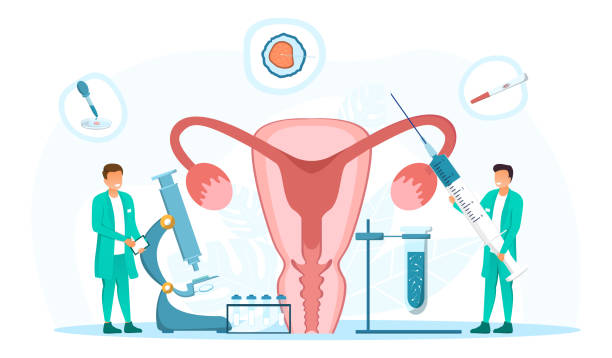
It’s totally understandable to feel anxious if you’re nine days past your embryo transfer and not feeling a thing. Honestly, it’s pretty normal to have no symptoms 9 days after embryo transfer, and the absence of symptoms really doesn’t mean your treatment failed. Every woman’s body reacts in its own quirky way to the embryo transfer process, and honestly, symptoms can be all over the place from one person to the next.
No symptoms 9 days after embryo transfer? Studies show that about 10-15% of women don’t feel any symptoms after embryo transfer and still end up with healthy pregnancies. The timing for symptoms is honestly all over the map—some women don’t notice a thing until hormone levels jump up weeks later.
This waiting game is tough, isn’t it? It’s so easy to obsess over every twinge (or lack thereof) when you’re hoping for a sign that things worked out. But instead of zeroing in on what’s missing, it helps to know what’s actually happening inside your body right now—and how you can get through this IVF stretch with a bit more confidence, no matter what symptoms you do or don’t have.
Worried about your IVF symptoms? Speak to an expert for personalized advice. Book your appointment now!
Wondering what signs to expect after an embryo transfer? Let’s explore
Understanding No Symptoms 9 Days After Embryo Transfer

Not feeling anything nine days after embryo transfer? That’s actually really common and happens even in plenty of successful IVF cycles. Hormones, medications, and just plain biology all play a part in this, so you’re definitely not alone.
Why It Is Common to Have No Symptoms
Lots of people expect some kind of sign right after their embryo transfer, but having no symptoms 9 days after embryo transfer is totally normal. We see it all the time in the clinic.
Bodies are unpredictable—some women feel early pregnancy symptoms, while others breeze through the two-week wait without a single twinge.
Progesterone medications can really muddy the waters. They’re crucial for supporting your uterine lining, but sometimes they make it impossible to tell what’s a real pregnancy sign and what’s just the meds talking.
In the first week after transfer, hCG levels are usually super low. Even if implantation happened, there’s just not enough hormone floating around to trigger any obvious symptoms yet.
Research shows that having symptoms or not—doesn’t actually predict your outcome. We remind patients all the time: lots of successful pregnancies start with zero early signs.
Factors Influencing Post-Transfer Symptoms
There are a bunch of reasons why you might or might not notice anything after your transfer. Knowing what’s at play can help make sense of the whole rollercoaster.
Hormone sensitivity is huge. Some people react to even tiny hormone shifts, while others need a lot more before they feel anything.
The specific fertility meds you’re on—progesterone, estrogen, the works—can all cause side effects that are easy to mistake for pregnancy symptoms.
Metabolism matters, too. If your body processes hormones quickly, symptoms might show up later (or not at all), while slower metabolizers could notice things sooner.
Age and whether you’ve been pregnant before can change the game. First-timers often have a different ride compared to women who’ve done this before.
The quality and development stage of your embryo make a difference. Day 5 blastocysts usually implant within a few days, but every embryo has its own timeline, honestly.
The Embryo Implantation Process and Expected Timelines
The embryo’s journey after transfer actually follows a pretty set biological schedule, which helps explain why some symptoms show up when they do—or don’t.
Days 1-3 after transfer: The embryo’s still developing and starting to attach to your uterine lining. Most people feel nothing at all right now.
Days 4-6: Implantation is just beginning as the embryo burrows in. Some might get a bit of spotting or cramping, but honestly, many feel nothing.
Days 7-9: The embryo’s connecting more with your blood supply. HCG production starts, but it’s still barely there.
| Timeline | Process | Possible Symptoms |
| Days 1-3 | Embryo attachment | None expected |
| Days 4-6 | Initial implantation | Light spotting possible |
| Days 7-9 | Blood vessel formation | Minimal symptoms |
| Days 10-14 | HCG increase | Early pregnancy signs may appear |
Days 10-14: HCG starts to climb and, for some, that’s when the first signs of pregnancy pop up. Still, plenty of successful pregnancies have no symptoms at all, even now. Your fertility doctor will usually book a blood test around day 12-14 to check your HCG levels. That’s your real answer, no matter what you’re feeling—or not feeling.
Is it normal to have no symptoms after an embryo transfer? Let’s clarify.
Navigating Your IVF Journey Without Symptoms

It’s surprising how many women get through IVF with no symptoms at all. It’s normal, and it doesn’t mean anything’s gone wrong. Your hormone levels, embryo quality, and how your body responds to fertility treatment all play a part in whether you notice any changes.
The Role of Hormones and Medications
During IVF, there’s a cocktail of meds that can mask or totally delay the usual pregnancy signals. Progesterone supplements, which almost everyone gets after transfer, can cause side effects that look just like early pregnancy symptoms.
Estrogen is bouncing around, too, and sometimes that doesn’t cause any noticeable changes at all.
Honestly, the meds can suppress your body’s natural reactions. So if you’re not feeling cramping, bloating, or breast tenderness, it’s not unusual—it might just be the medication doing its thing.
Everyone’s hormone sensitivity is different. Some women just don’t produce the levels of hormones that typically cause symptoms, or their bodies don’t react as strongly.
The timing for hormone production is different in IVF compared to natural conception, which can delay or even prevent symptoms from showing up.
Importance of Embryo Quality and Type of Fertility Treatment
Embryo quality can really make or break implantation, but it doesn’t always mean you’ll feel anything physically. High-quality embryos often settle in quietly, with no obvious signs.
Different fertility treatments can create their own unique symptom patterns:
- ICSI (Intracytoplasmic Sperm Injection) might trigger different hormone responses than standard IVF
- TESA with IVF can change how your body reacts, too
- Your past IUI treatment experiences don’t really predict what you’ll feel with IVF
The stage your embryo’s at when transferred also matters. Blastocyst transfers can mean a different timeline for symptoms than earlier-stage embryos.
Fresh versus frozen transfers? That changes the hormonal environment, too. Frozen transfers usually involve more tightly controlled hormone support.
In the end, everyone’s response to embryo transfer is different—even from one IVF cycle to the next.
When to Consult Your Fertility Specialist or Gynecologist
If you’re dealing with severe cramping, heavy bleeding, or pain that just won’t let up, don’t hesitate—get in touch with your fertility specialist right away. Honestly, those symptoms aren’t the kind you should wait out.
And if you’re feeling swamped by anxiety because you aren’t noticing any symptoms, it might be worth booking a chat with your IVF Doctor. Sometimes, just having someone walk you through what’s normal (and what’s not) can make a world of difference.
Notice something odd going on with your body—even if it feels random or not obviously tied to IVF? It’s always a good idea to loop in your fertility team. Better to ask than wonder, right?
If something worrying pops up, don’t just sit tight until your next scheduled pregnancy test. Early action can really help head off bigger issues down the line.
Your fertility specialist might suggest extra blood tests or an ultrasound, just for reassurance. Try not to read too much into it—this kind of monitoring doesn’t mean your treatment’s off track.
Research shows that having (or not having) symptoms doesn’t actually predict your pregnancy test results. So, honestly? It’s probably better to stick to your medication plan and not stress over every twinge or lack thereof.
Is your IVF cycle progressing well? Get expert advice tailored to your situation. Schedule your consultation today.

Conclusion
No symptoms 9 days after embryo transfer can be completely normal. Avoid drawing conclusions based on symptoms or their absence. It is crucial to remain patient and await the scheduled pregnancy test.
At Babies & Us IVF Centre in Mumbai, our team is dedicated to supporting you throughout your fertility journey. If you have any concerns or need further information, please don’t hesitate to contact us.
Frequently Asked Questions:
1. When should I expect symptoms after embryo transfer?
Symptoms, if any, may begin around 10-14 days after the embryo transfer. However, only some women experience them.
2. When does implantation occur after embryo transfer?
Implantation typically occurs 6-10 days after embryo transfer, but symptoms may not be noticeable.
3. Is spotting a good sign after embryo transfer?
Light spotting may indicate implantation. However, it does not necessarily imply a successful pregnancy.
4. What should I do if I still have no symptoms after 14 days?
If you experience no symptoms 14 days after embryo transfer, wait for your scheduled pregnancy test or consult your fertility expert.
5. When should I contact my doctor about symptoms?
If you notice severe pain, heavy bleeding, or other concerning signs, contact your doctor immediately.
Reference
https://www.babycenter.in/thread/2822915/no-symptoms-after-embryo-transfer
https://www.verywellfamily.com/ivf-and-the-two-week-wait-1960205

